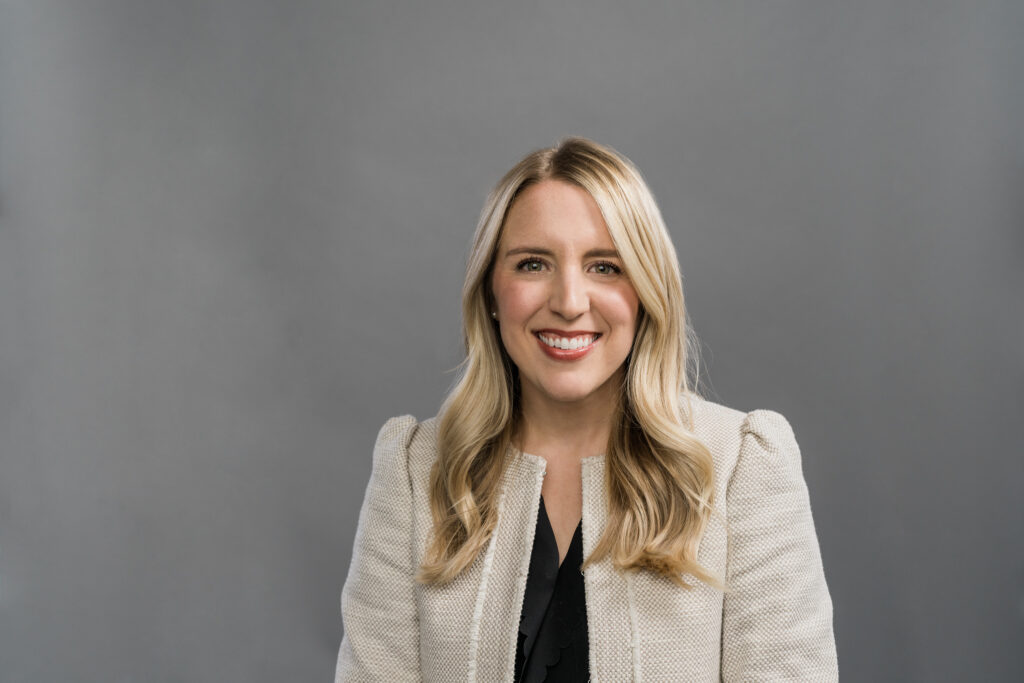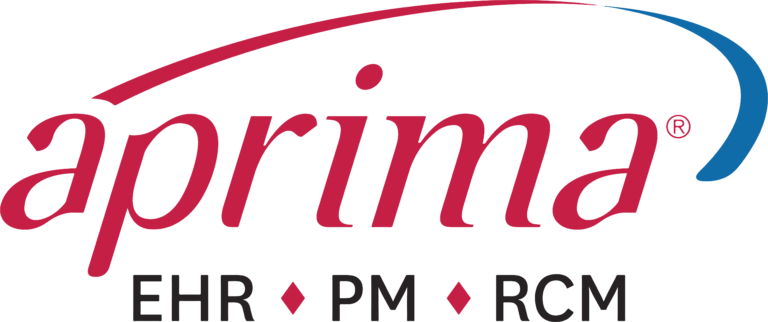
Elevate Women’s Health Case Study
Elevate Women’s Health is a managed service organization that empowers physicians to deliver an elevated quality of care for patients, while creating an enhanced quality of life for themselves, their teams and their families. Elevate offers comprehensive care for women by partnering with women’s healthcare clinics ranging from obstetrics and gynecology (OB-GYN) to women’s imaging. The organization takes the administrative burden off providers by centralizing and managing activities such as digital marketing, billing and human resources, so providers can focus on delivering exceptional care to their patients. Providers maintain clinical autonomy while benefiting from the better efficiencies and economies of scale when negotiating contracts with the suppliers that Elevate works with.
We spoke with:
Caitlin Crutchfield
Vice president of Strategy & Integration at Elevate
She joined Elevate after graduating with a Master of Business Administration (MBA) degree from Northwestern University’s Kellogg School of Management, because she wanted to be part of building something important, and she has found that making healthcare better for women has been very rewarding.
Elevate Operates on One Unified Platform
When Elevate partners with a practice, Crutchfield’s team analyzes the many processes, protocols and technologies involved within the clinic and identifies how to bring them together onto one platform. A unified platform brings many benefits to the patient and the entire organization. For example, when partner practices use a single electronic health record (EHR) system, patients’ health records are centralized in one place and are available to all providers managing their care. In addition, a single EHR delivers data analytics that are essential when negotiating contracts with payers. As partner practices transition to a unified platform, Elevate works with the practices to help them grow organically.
Retaining and Reactivating Noncompliant Patients
Retaining and reactivating patients is a challenge for any practice, including Elevate’s partner practices. As with most medical practices, a number of patients have fallen out of compliance for various reasons. One of Elevate’s partner practices, the Women’s Health Group (WHG), had the additional challenge of reengaging patients of retired providers. Elevate had learned of Brevium from Shore Capital, its financial sponsor, which had other companies in its portfolio that claimed Brevium was a great resource, and decided to try it at WHG. Elevate found Brevium to be a great resource in three areas. She joined Elevate after graduating with a Master of Business Administration (MBA) degree from Northwestern University’s Kellogg School of Management, because she wanted to be part of building something important, and she has found that making healthcare better for women has been very rewarding.
Elevate found Brevium to be a great resource in three areas.
First
Elevate used the Brevium Stitch service to identify patients in WHG’s old EHR system who did not have an appointment booked in the new EHR system, Athenahealth. Crutchfield said, “We currently have a stitch between the old EHR’s data and the new Athena EHR, and it’s working very well.”
Second
According to Crutchfield, “We needed to reactivate some of the patients who had been seeing our retired providers but who had not been captured by a current WHG provider.” Brevium gave Elevate the flexibility to focus on those women who hadn’t been seen in two years and encourage them to come in for an annual exam. Brevium also enabled the team to focus on Current Procedural Terminology (CPT) codes to bring in patients who were eligible for a certain type of surgery that WHG specializes in.
Third
Elevate has started using Brevium for general patient reactivation. Elevate identifies patients across its partner practices who don’t have appointments on a regular cadence and contacts them to bring them into compliance. Crutchfield said, “We’ve had tremendous success reactivating patients. It’s not just that they make an appointment, but they actually show up.” She also appreciates that Brevium only gets paid when the practice gets paid.
The Integration team at Elevate especially appreciates that Brevium not only identifies patients to reactivate based on criteria that Elevate selects, but Brevium also contacts patients in the most effective way using research-proven methods, so Elevate’s team doesn’t have to worry about outreach. Crutchfield said, “If we were trying to do this internally, it would have been a very manual process.” Patients also appreciate that they receive a communication based on their real needs rather than a generic reminder to reschedule. Crutchfield said, “I’ve enjoyed how Brevium is able to pinpoint patients based on data and how it is customizable.” She added, “The other beauty to Brevium is that with a the flips of some switches, we can turn on the clinics where we need to drive demand or turn off the ones where we don’t. Sometimes driving too much demand can cripple a clinic operationally. But Brevium gives us a systemized approach to target a certain number of patients per day.”
Over the past 5 months Elevate has reactivated 904 patients using Brevium.
“We’ve been thrilled with the results. We think this is an easy turnkey solutionto reactive patients not just for our current practices but for our new partner practices once they come online.”
Show me how Brevium can reactivate my out of compliance patients
Show me how Brevium can stitch disparate systems to a standardized system














